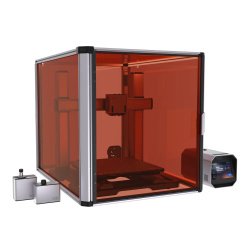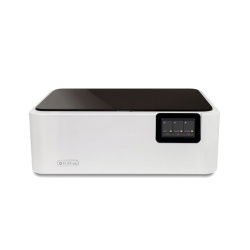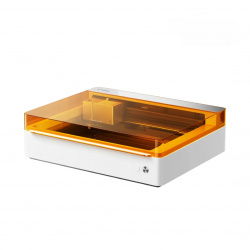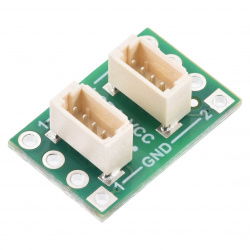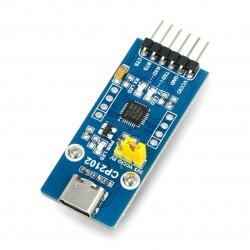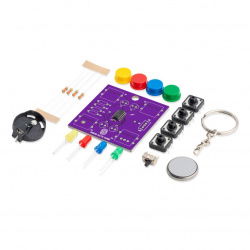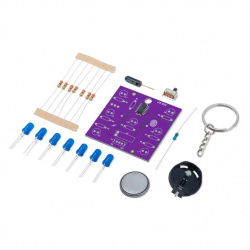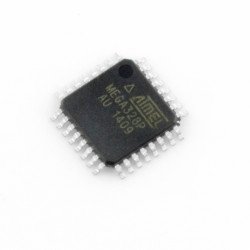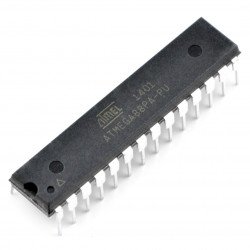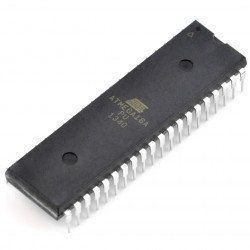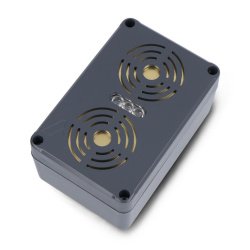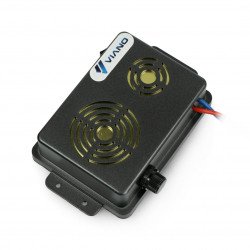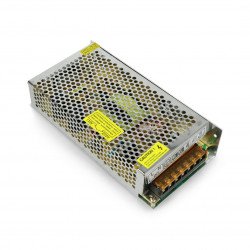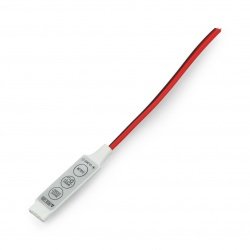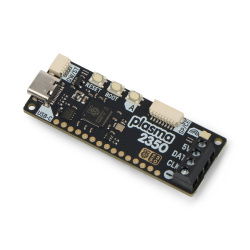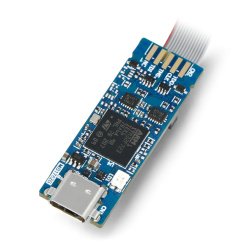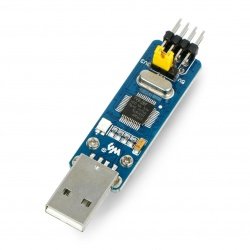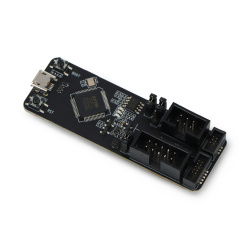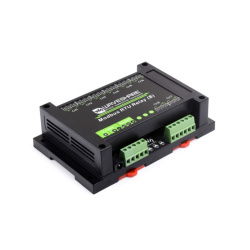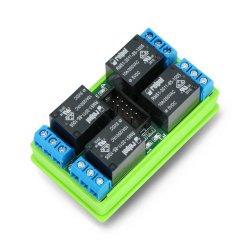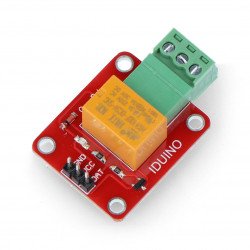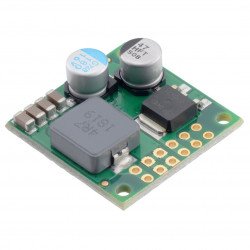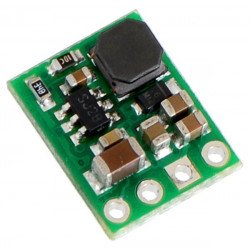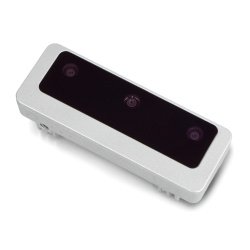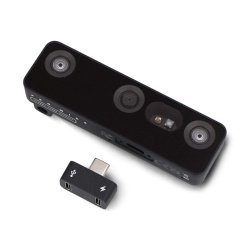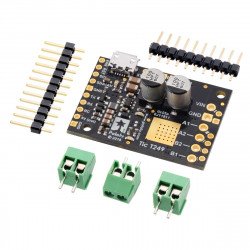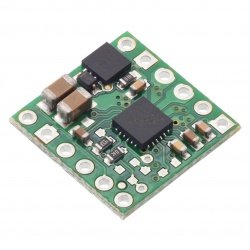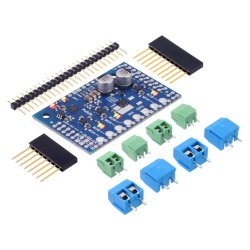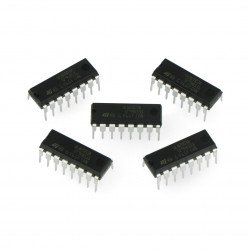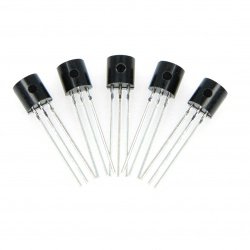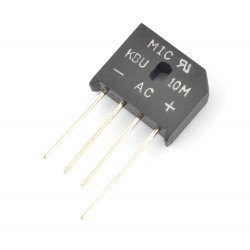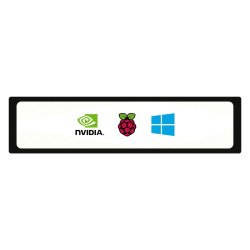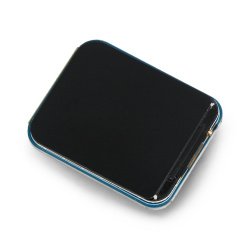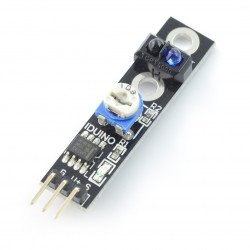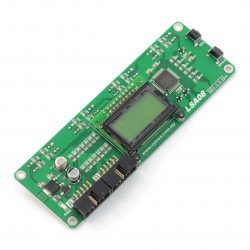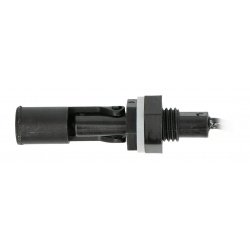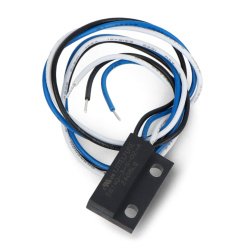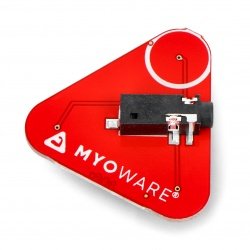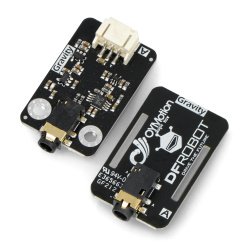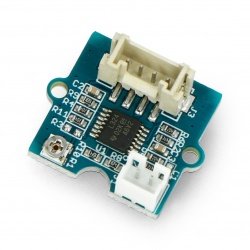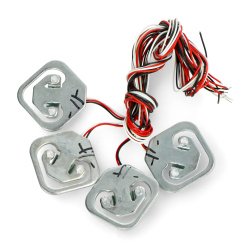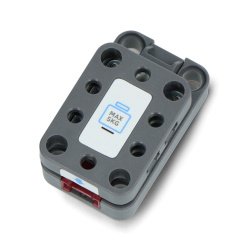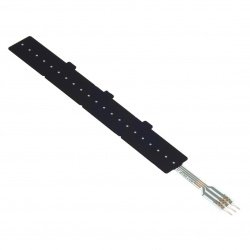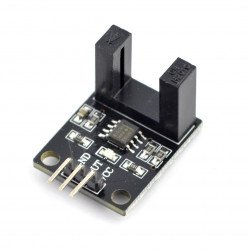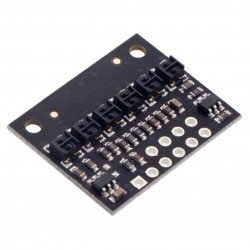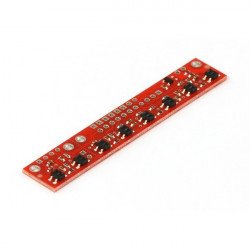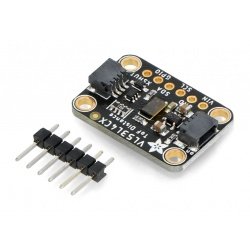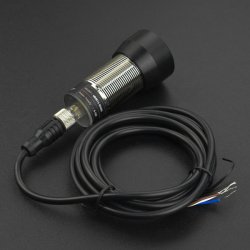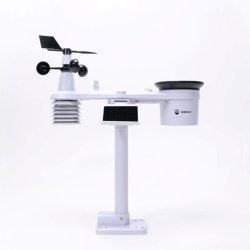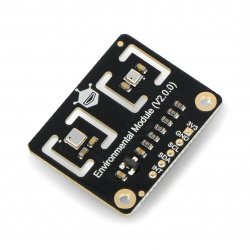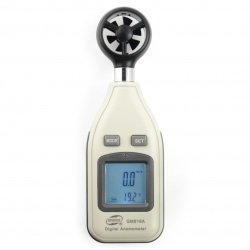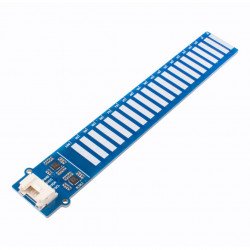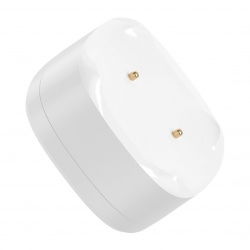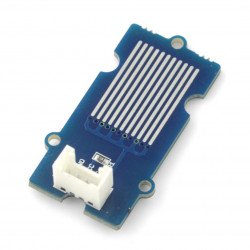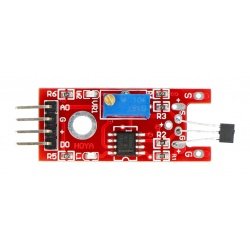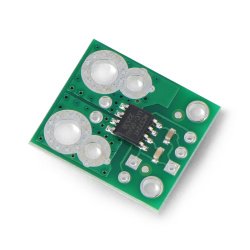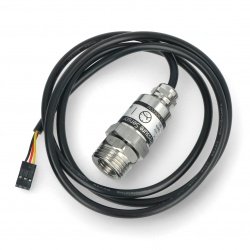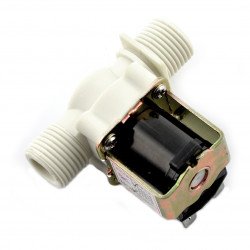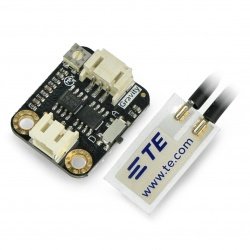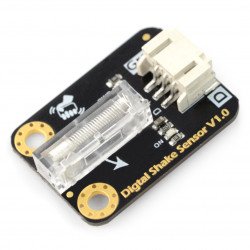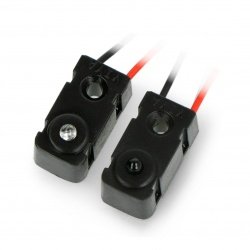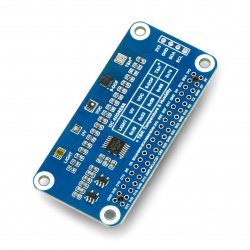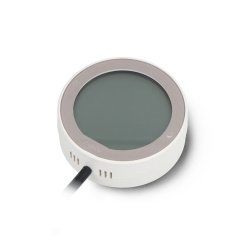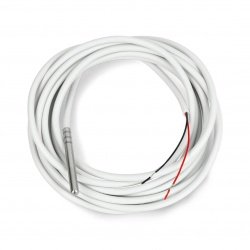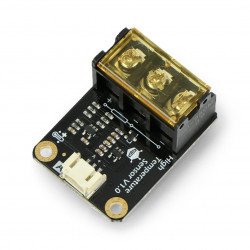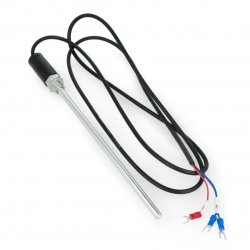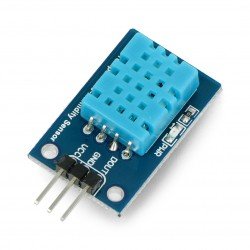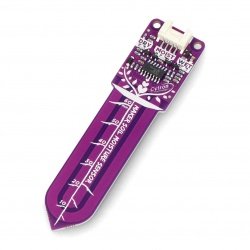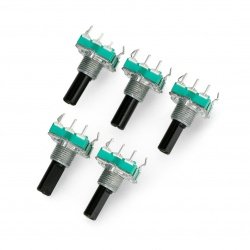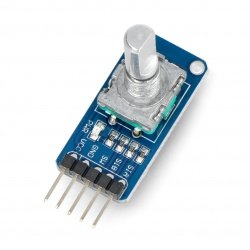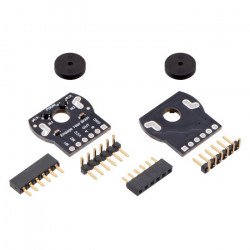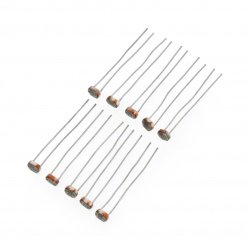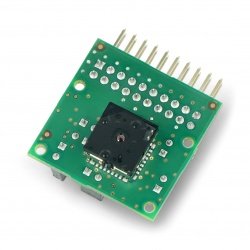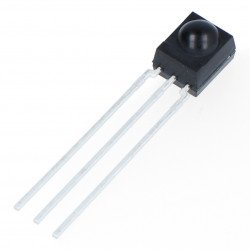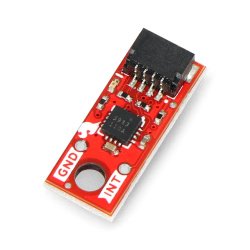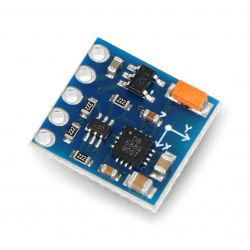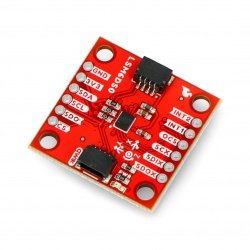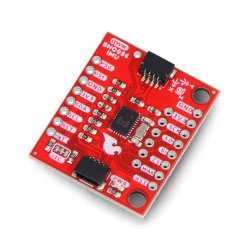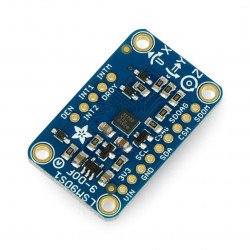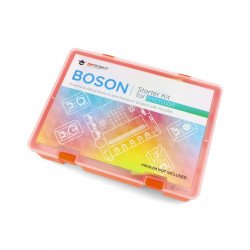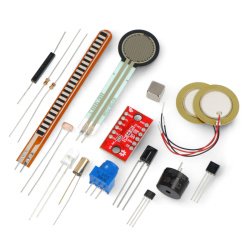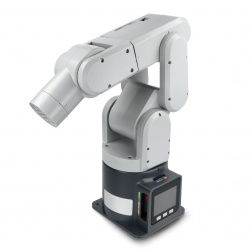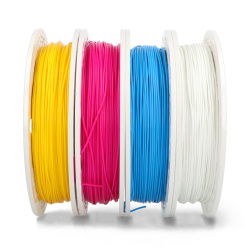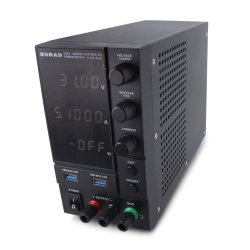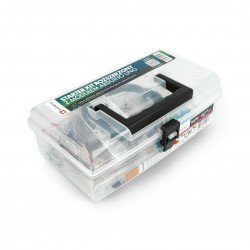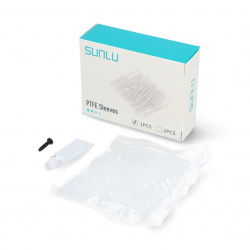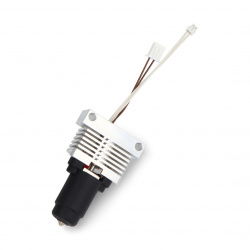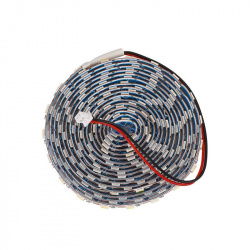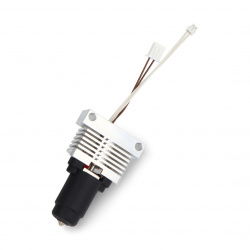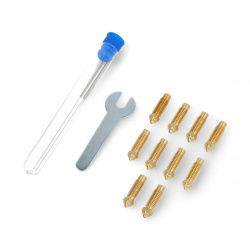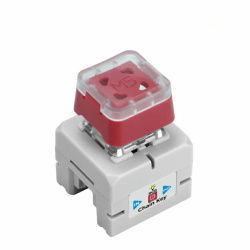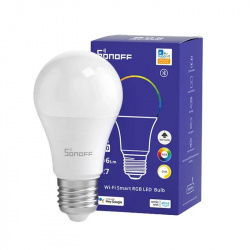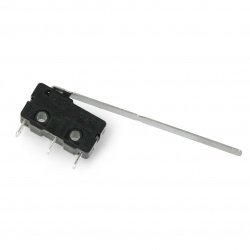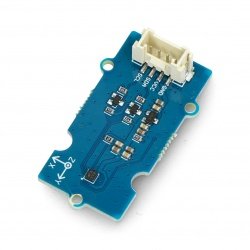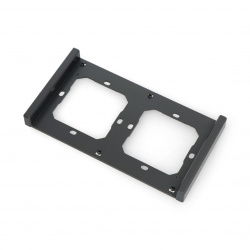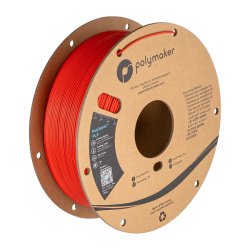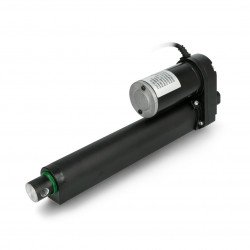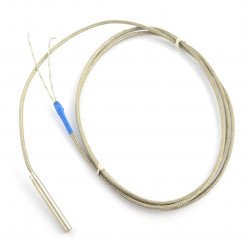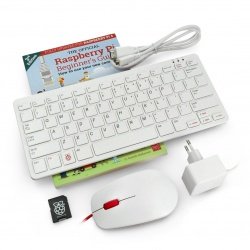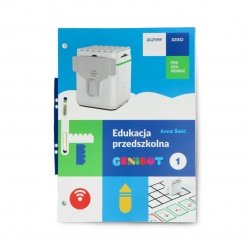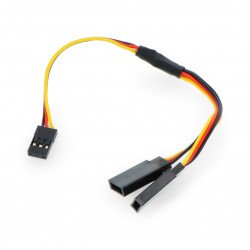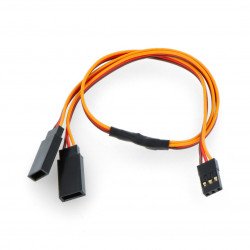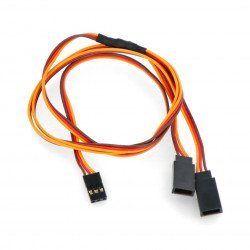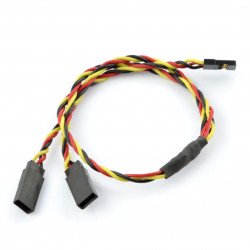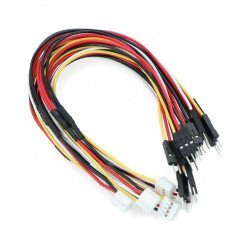Servo wires are used to connect the servomotor to the servo driver. They allow one, two or more servos (in the case of branch wires) to be connected to a central unit control module. In this category we offer a wide selection of high-end servo cables. Here you will find cables of different lengths, splitters for servos and models with built-in electrolytic capacitor to filter the servo control signal. By choosing high quality cables it is possible to transmit the signal to the servo without loss, which allows for maximum precision and great results in controlling the element. Well-chosen cables can also reduce the use of valuable space inside the housing of devices that use servos, so it is important to choose the right model for each project.
Servo wires
Splitter Wire for Servos Y - 15 cm (JR)
Wire splitter for servos with length of 15 cm. The wire allows you to connect two servos to one input of the controller.Splitter Wire for Servos Y - 30 cm (JR)
Wire splitter for servos with length of 30 cm. The wire allows you to connect two servos to one input of the controller.Splitter Wire for Servos Y - 60 cm (JR)
Wire splitter for servos with length of 60 cm. The wire allows you to connect two servos to one input of the controller.Splitter Wire for Servos Y - 30 cm twisted (JR)
Twisted wire splitter for servos with length of 30 cm. The wire allows you to connect two servos to one input of the controller.Grove - servo splitter - 20cm - 5pcs
A set of five Grove cables to connect e.g. Base Shield v2 to servers, actuators, sensors or devices with a Grove connector. Each one is 20 cm long and consists of a 4-pin Grove...Servo cables
Servo cables are used to connect a servo to a control element. They have a number of features that determine their usefulness in this application. One of them is the presence of appropriate plugs at both ends of the cable - this allows a simple connection of the servo (or in the case of a servo splitter) with the controller without the need to solder cables. Most commonly, servo cables consist of three wires (sometimes there can be four or five), which have different colored insulation for easier distinction. Servo cables are available in different lengths, so you can choose the variant that works best for the planned project. A very convenient solution are also splitters for servos, which allow you to connect two or more servos to one controller.
Which servo wires we offer in this category
In our assortment you will find a wide range of servo wires available in many versions. Among other things, we offer a large selection of servo cables (so-called Y-cables) in lengths of 15 cm, 20 cm, 30 cm and 60 cm. Models are available with stranded, separated or twisted wires. All servo wires offered in our online store have wires marked with different insulation colors, which allows you to easily distinguish them even in the variants with twisted stranding. In Botland assortment you will also find models with integrated electrolytic capacitor with capacity of 2200 µF and permissible voltage of 10 V. This version is perfect for projects where you need to increase the resistance of the received channel, which allows to filter out high frequencies of the signal and thus reduce the number of interferences. The body of the capacitor in this model is 12.7 mm in diameter and 25 mm long. The component also comes with a 60 mm long cable terminated with a three-pin servo connector.
What to look for when shopping
Choosing the right cables for the servos placed in the project can significantly speed up the work and prevent possible problems related to improper operation of these components or other consequences of mismatch. One of the basic issues is to choose a cable with the right length. Before buying it is worth to measure precisely the distance needed to cover by the cable and choose the variant that is closest to it - of course with a length slightly longer than the planned distance between the input of the servo and the socket of the installed controller. However, do not opt for a much longer cable, because it may cause that there is not enough space under the housing of the device for more important components. For the same reason, a very practical solution are splitters for servos, which allow you to control two servos controlled by the same signal from a single input on the controller. It is also worth remembering - regardless of the selected option - to always use high-quality servo cables from reliable sources, which allows you to maintain the purity of the transmitted signal and, as a result, affects the operation of the entire device.




